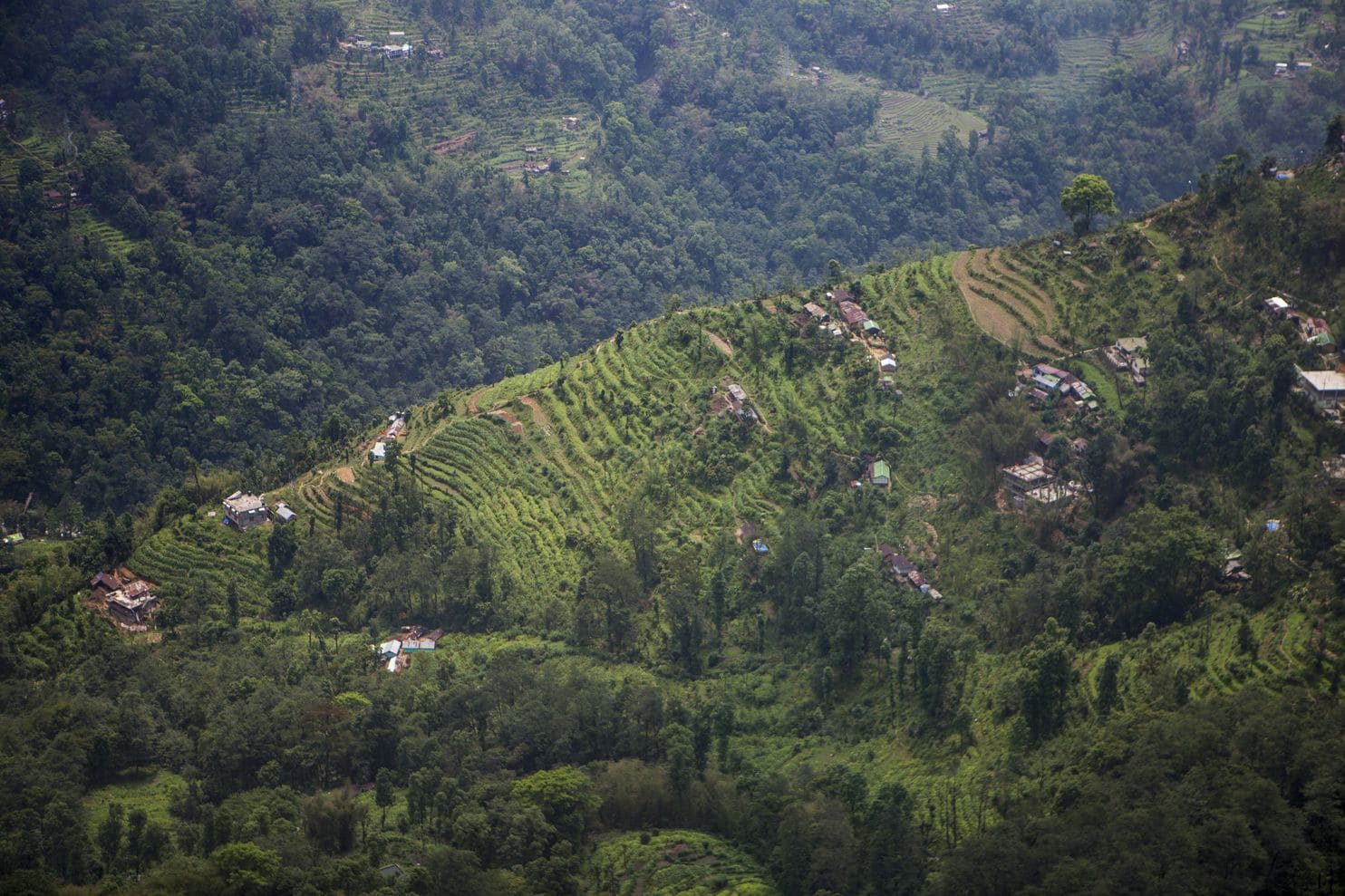 SORENG, INDIA, May 31, 2018 (Washington Post): Fifteen years ago, the tiny Indian state of Sikkim (population 610,000) launched a radical experiment: Its leaders decided to phase out pesticides on every farm in the state, a move without precedent in India — and probably the world. The change was especially significant for India, a country whose progress in agriculture was defined by the introduction of fertilizers and pesticides that rapidly boosted food production across the country, staving off famine and reducing the country’s reliance on foreign aid. But with the indiscriminate use of pesticides came a spike in cancer rates in industrial farming areas. Rivers became polluted and soil infertile. Sikkim’s leaders say they were driven to go all-organic by those concerns and because pesticide residue — including from some chemicals banned in other countries — was tainting fish, vegetables and rice.
SORENG, INDIA, May 31, 2018 (Washington Post): Fifteen years ago, the tiny Indian state of Sikkim (population 610,000) launched a radical experiment: Its leaders decided to phase out pesticides on every farm in the state, a move without precedent in India — and probably the world. The change was especially significant for India, a country whose progress in agriculture was defined by the introduction of fertilizers and pesticides that rapidly boosted food production across the country, staving off famine and reducing the country’s reliance on foreign aid. But with the indiscriminate use of pesticides came a spike in cancer rates in industrial farming areas. Rivers became polluted and soil infertile. Sikkim’s leaders say they were driven to go all-organic by those concerns and because pesticide residue — including from some chemicals banned in other countries — was tainting fish, vegetables and rice.
The cloud-wreathed Himalayan state is starting to see the dividends. Overall health has increased in the state, leaders say, and Indian Prime Minister Narendra Modi’s government has embraced Sikkim and organic farming throughout India, pouring about $119 million into supporting organic farmers nationwide. India is betting that Sikkim can be the global model for other jurisdictions around the world that want to go all-organic. In the years since the shift to organic, Sikkim has outlawed pesticides and chemical fertilizers, aided farmers in certifying about 190,000 acres of farmland as organic and on April 1 banned the import of many non-organic vegetables from other states. The transition has not always been easy: Some farmers have complained that their crop yields have decreased and that they haven’t gotten enough support from the government.





